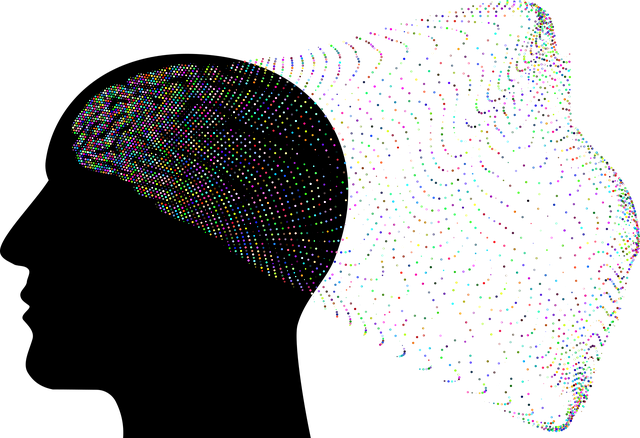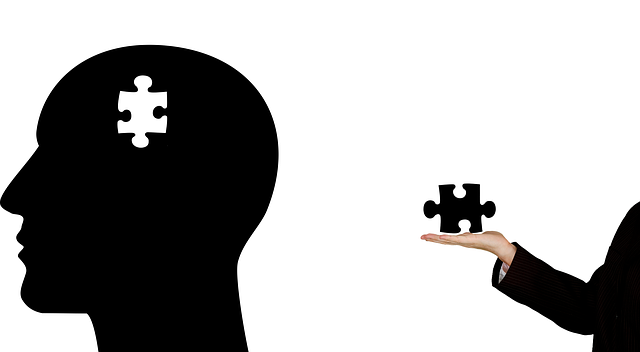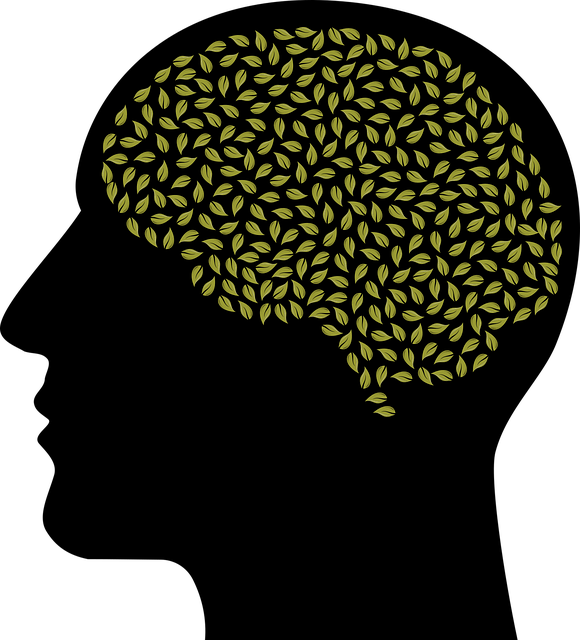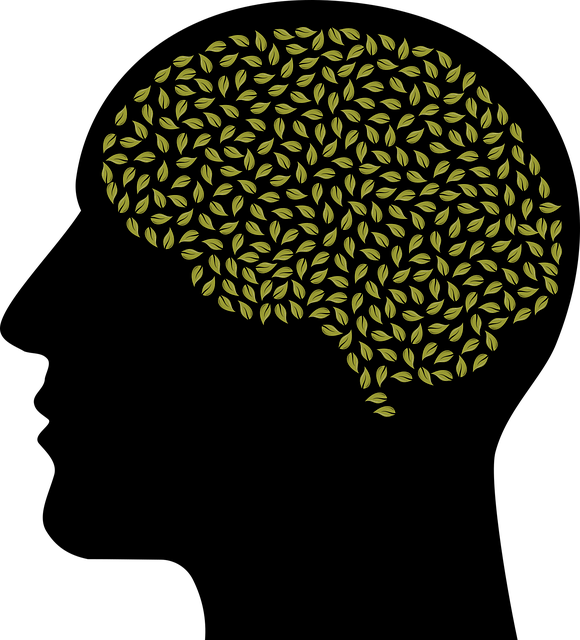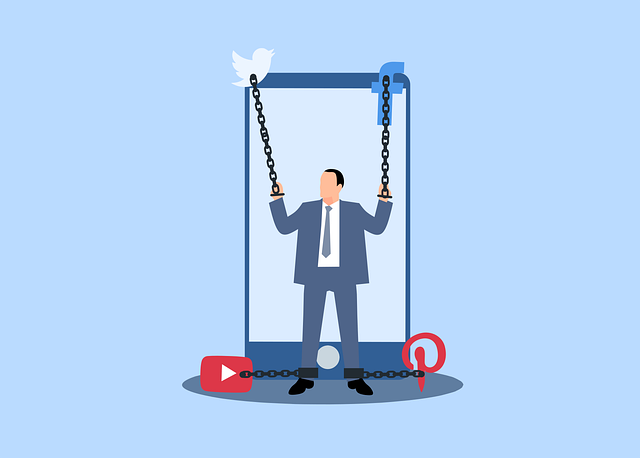Cultural sensitivity is crucial for effective Englewood Oppositional Defiance Disorder (EODD) therapy, especially within Afro-American communities. By integrating cultural understanding, therapists can adapt traditional healing methods and address specific community challenges related to trauma and stigma. Overcoming practitioner barriers, such as lack of awareness and resistance to cultural adaptations, requires education, self-awareness exercises, and tailored techniques like family involvement and incorporating cultural practices into sessions. This culturally sensitive approach improves treatment outcomes, enhances coping skills, and fosters a supportive environment for diverse patients with EODD.
In the diverse landscape of mental healthcare, cultural sensitivity is a cornerstone of effective treatment. Understanding and addressing cultural nuances can significantly impact patient outcomes, especially for conditions like Englewood Oppositional Defiance Disorder (EODD). This article delves into the essential aspects of cultural sensitivity in mental health practice, exploring barriers, strategies, and successful case studies, particularly focusing on EODD therapy. By integrating cultural awareness, therapists can provide more inclusive and impactful care.
- Understanding Cultural Sensitivity in Mental Healthcare
- Englewood Oppositional Defiance Disorder (EODD): A Cultural Context
- Barriers to Culturally Sensitive Practice
- Strategies for Integrating Cultural Sensitivity in Therapy
- Case Studies: Effective Cultural Sensitivity in EODD Treatment
Understanding Cultural Sensitivity in Mental Healthcare

Cultural sensitivity is a cornerstone in mental healthcare practice, ensuring that services are accessible and effective for individuals from diverse backgrounds. It involves recognizing and appreciating the unique cultural beliefs, values, and practices that shape an individual’s experience of mental health and illness. In the context of Englewood Oppositional Defiance Disorder (ODD) therapy, for instance, understanding a client’s cultural context is vital. ODD often arises from complex interactions between environmental factors and individual vulnerabilities, which can be influenced by cultural norms and expectations.
By integrating cultural sensitivity into therapy sessions, healthcare professionals can offer more tailored support. This might include adapting therapeutic techniques to align with a client’s cultural values or incorporating traditional healing practices where appropriate. Moreover, public awareness campaigns development that highlight the importance of cultural sensitivity in mental healthcare can foster an environment where individuals from diverse communities feel seen and heard. Trauma support services that are sensitive to cultural nuances can also play a significant role in helping individuals process and recover from traumatic experiences, such as Stress Management initiatives designed with cultural context in mind.
Englewood Oppositional Defiance Disorder (EODD): A Cultural Context

Englewood Oppositional Defiance Disorder (EODD) is a mental health condition deeply rooted in cultural contexts, particularly within Afro-American communities. Understanding EODD requires a nuanced approach that considers historical and social factors contributing to its manifestation. In these communities, trauma support services have often been limited or inaccessible, leading to unique expressions of distress that might be misinterpreted as defiance or oppositional behavior.
Therapy for EODD must therefore embrace cultural sensitivity, integrating self-care practices tailored to address the specific challenges faced by individuals and families. By acknowledging and challenging the mental illness stigma reduction efforts within these communities, therapists can foster a safe and supportive environment. This approach not only enhances the effectiveness of treatment but also promotes healing and growth, recognizing that understanding a person’s cultural background is essential in providing holistic care.
Barriers to Culturally Sensitive Practice

In many mental healthcare settings, providing culturally sensitive therapy remains a significant challenge. Barriers to implementing this approach often stem from misunderstandings and lack of training among practitioners, especially when dealing with diverse patient populations. For instance, in communities grappling with Englewood Oppositional Defiance Disorder (EODD), therapists must navigate complex cultural dynamics to offer effective treatment. EODD is deeply rooted in socio-economic factors and historical traumas, demanding a nuanced understanding beyond traditional therapy methods.
Cultural sensitivity requires therapists to recognize and appreciate the impact of cultural beliefs, values, and practices on mental health. It involves adapting therapeutic approaches, such as incorporating cultural elements into therapy sessions, respecting family involvement, and providing Trauma Support Services. Additionally, Self-Awareness Exercises can help therapists reflect on their own biases and strengthen their ability to connect with patients from different backgrounds. Overcoming these barriers is crucial for fostering emotional healing processes and ensuring that all individuals receive culturally responsive care.
Strategies for Integrating Cultural Sensitivity in Therapy

Integrating cultural sensitivity into therapy is a multifaceted approach that requires therapists to be mindful of their own biases and the unique experiences of each client. One effective strategy is to educate oneself about various cultural practices, beliefs, and values. This can involve attending workshops, participating in cross-cultural training programs, or reading literature on diverse communities. By deepening this knowledge, therapists can create a safe and supportive environment that respects clients’ cultural identities.
Additionally, adapting therapeutic techniques to align with a client’s cultural background is essential. This might include incorporating traditional healing practices, using family-centered approaches, or tailoring communication styles to match the client’s preference. For instance, in the context of Englewood Oppositional Defiance Disorder (ODD) therapy, understanding and valuing familial dynamics within different cultures can lead to more effective interventions. Through these strategies, mental health professionals not only enhance their practice but also contribute to meaningful emotional healing processes, while mitigating risks associated with cultural misunderstandings and preventing burnout.
Case Studies: Effective Cultural Sensitivity in EODD Treatment

In the realm of mental healthcare, cultural sensitivity is a game-changer, especially when addressing complex conditions like Englewood Oppositional Defiance Disorder (EODD). Case studies illustrate that tailoring therapy to a patient’s cultural background can significantly enhance treatment outcomes. For instance, a study focusing on African American adolescents with EODD demonstrated that incorporating cultural elements into therapy led to improved coping skills development and better engagement with treatment. The approach involved not just understanding the patients’ familial and community dynamics but also teaching them communication strategies that respected their cultural norms.
This tailored approach extends beyond Englewood Oppositional Defiance Disorder therapy to encompass a range of services, including trauma support for individuals from diverse backgrounds. By recognizing and addressing cultural barriers, healthcare providers can foster an environment where patients feel seen, heard, and understood, thereby revolutionizing the traditional therapy model. Effective communication strategies, when coupled with cultural sensitivity, become powerful tools in helping individuals navigate their mental health journeys.
Cultural sensitivity is a cornerstone of effective mental healthcare, especially when treating conditions like Englewood Oppositional Defiance Disorder (EODD). By understanding and integrating cultural perspectives into therapy, practitioners can overcome barriers and provide more inclusive, accessible care. The strategies outlined in this article offer a roadmap for professionals to enhance their culturally sensitive practices, ultimately improving outcomes for diverse patient populations, including those with EODD. Through case studies and real-world examples, it’s evident that prioritizing cultural sensitivity is not just beneficial but essential in modern mental healthcare.

